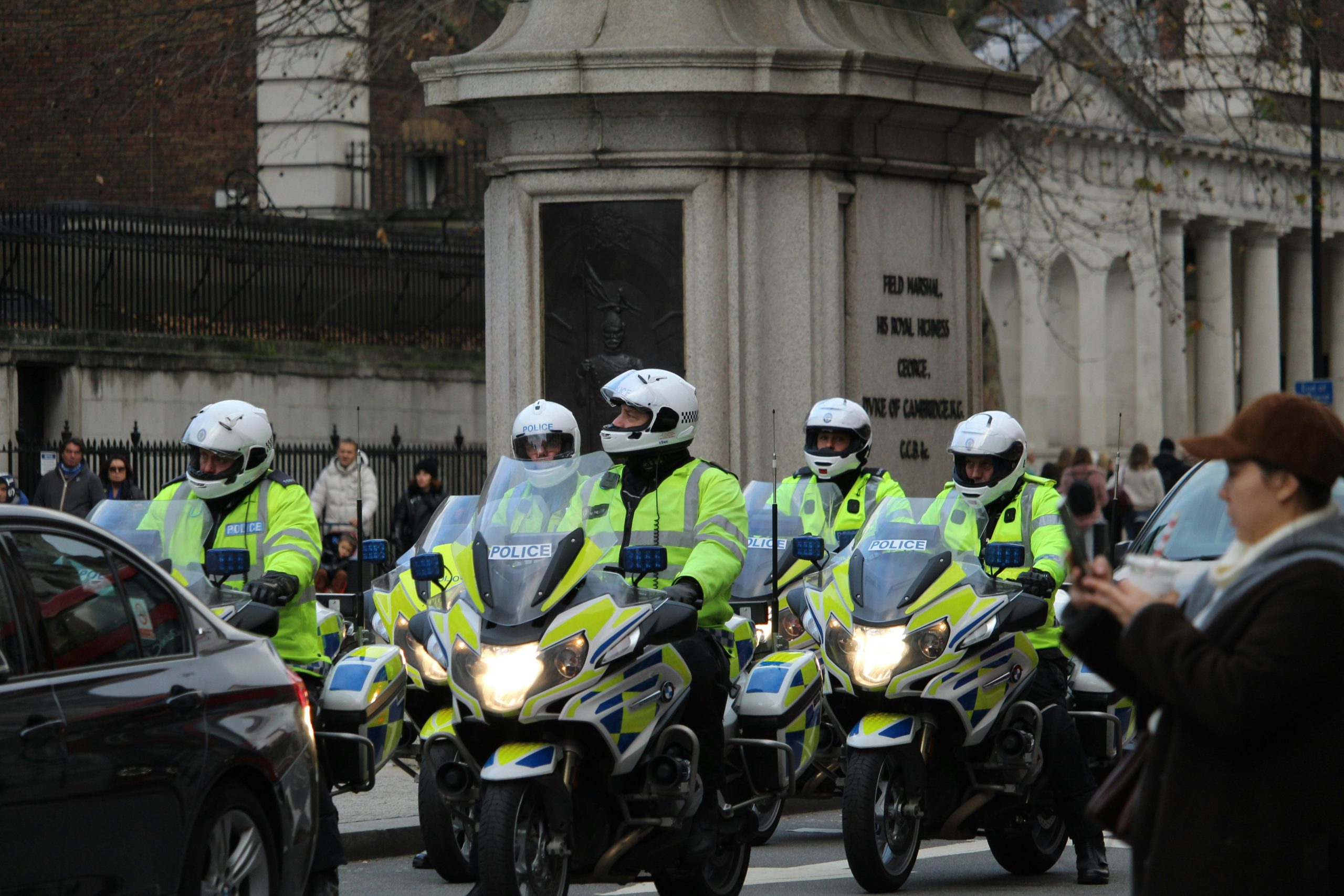Title: The Case for a Nimby Law in London: Safeguarding Our Nightlife and Cultural Venues
As conversations about urban living continue to evolve, one pressing question emerges: Should London implement a Nimby (Not In My Back Yard) law to protect the city’s vibrant bars, pubs, and clubs? This is a topic that deserves serious consideration.
The potential repercussions for local businesses are alarming. Instances where a handful of individuals—sometimes as few as 50 or 60—can influence whether a bar retains its license or faces closure are not only concerning but indicative of a larger issue at play. It is essential that we examine the balance between community well-being and the preservation of our local culture.
London’s nightlife and hospitality sectors have been navigating challenging waters, especially in recent times. With ongoing struggles within these industries, the government seems to be falling short in providing the necessary support. It’s time to reevaluate how we protect venues that contribute significantly to our community’s atmosphere and economy.
Certain iconic establishments should arguably receive “protected status.” This framework would acknowledge their role in promoting social interaction and boosting local revenue while still allowing for necessary discussions regarding public safety and anti-social behavior. However, it is critical to differentiate between legitimate concerns and complaints from those who may merely be opposed to the lively nature of city life. For instance, when the voices of residents who disapprove of music levels overshadow the vitality of our pubs, it’s time to reassess whose complaints merit serious attention.
Consider the case of bustling areas like Soho, which epitomize London’s dynamic nightlife scene. As our city adapts, there appears to be an emerging trend of catering excessively to an older demographic at the expense of vibrant culture and entertainment. The recent backlash against events in locations such as Brockwell Park raises valid questions: Are we sacrificing fun and creativity simply to appease a minority’s aversion to noise?
As residents and supporters of a thriving community, it is crucial that we advocate for our bars, pubs, and clubs. Let’s actively engage in discussions about how we can protect the essence of London’s diverse nightlife. Together, we can ensure that our city remains a place where creativity and enjoyment flourish, not just for a select few but for everyone who calls London home.


Supporting London’s Nightlife: Balancing Community and Culture
As a long-time resident of London, I strongly believe that protecting our vibrant nightlife is vital for maintaining the city’s unique character. While community concerns about noise and safety are valid, they shouldn’t overshadow the economic and cultural value our pubs, bars, and clubs add to the city.
Implementing a form of protected status for iconic venues could be a balanced approach, ensuring their preservation while addressing legitimate concerns. It’s important that we differentiate between genuine issues and resistance to the lively, diverse atmosphere that makes London special.
Ultimately, London’s cultural diversity and vibrant social scene are what attract people from around the world. Protecting these elements requires thoughtful measures that respect both residents’ quality of life and the economic vitality of our nightlife industry. Let’s work together to preserve what makes London truly extraordinary.